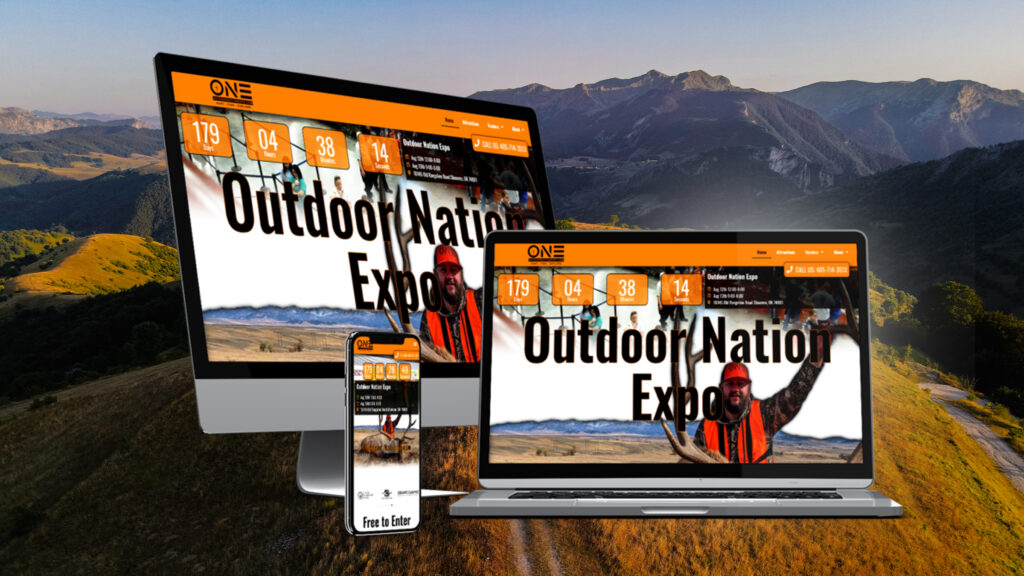We specialize in Outdoor SEO
Outdoor SEO | Easy steps for beginners
Follow these steps to boost your outdoor search engine optimization (SEO) and increase your hunting and fishing website’s ranking to the top of search engine results.
Update 8 This article as a case study.
Outdoor SEO is the process of optimizing a website for Google’s SERPs with the intention of ranking higher for keywords related to the outdoors. For example, if you own a hiking gear company, you would want your website to rank higher for terms like “hiking gear” or “outdoor gear.” Outdoor SEO is a proven to be an effective way to get your website seen by potential customers.
In fact, this very article was designed with the sole purpose of ranking for the keyword “Outdoor SEO.” And in just a matter of weeks, this article achieved the 6th position on Google’s SERPs. If you’re looking for an Adventure Outdoor SEO Guide, look no further! This post will give you all the tips and tricks you need to start ranking higher in Google’s SERPs. Thanks for reading!
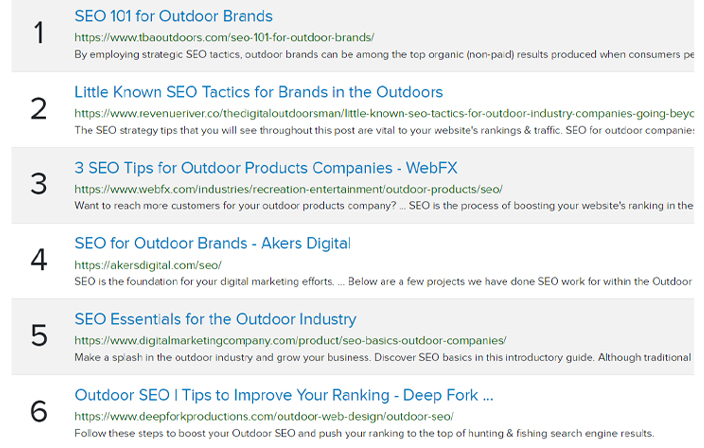
1. Create a Google Business Listing for Your Company
Google is the most popular search engine, handling over 90% of search traffic worldwide, so it only makes sense to register your company with a Google Business Listing. Here at Deep Fork Productions, our outdoor website design team looks at Google business listings as the modern equivalent of getting your company listed in the local phonebook yellow pages. This improves your SEO visibility across the entire web, but more importantly, it will also dramatically improve your local ranking and appearance in hunting and fishing search engine results.o\
How to Set up Your Google Listing
Don’t pay for a listing service, setting up your own google account is a breeze.
- Go to http://business.google.com and create your business listing. (This can also be done a few ways through google maps.)
- Be sure to enter complete data
- Use compelling and attractive images and media
- Verify your location
- List your business hours
- Link to your social media accounts
- Solicit, manage, and respond to Google reviews.
Google has a comprehensive help center where you can read more about how to improve your local ranking on Google, as well as other important guidelines for representing your business on google.
2. List Your Company on Other Websites
In a similar vein to creating your Google listing, it is important to get as many platforms as possible to link back to your company’s website. Having multiple links to your content will boost your relevancy to search engine results, so go all out! Here are a few places we recommend listing your company website:
Places to list your company:
3. Create Authoritative Content
The biggest driver of search engine rankings is quality content creation. Presenting your brand as an authority in the outdoor industry with your content will increase traffic to your website, plus it will drive your outdoor SEO ranking through the roof. Great content is vitally important to every part of the hunting and fishing industry, and SEO marketing is no exception. Focus on your content writing to enhance your website’s relevance and authority on topics in the outdoors industry..
Target Specific Keywords
Identify different keyword phrases as foundations for each authoritative content page on your website. Try to imagine what search terms your target audience would use to find each individual page. What would their search quarries look like?
- Bowhunting vs Rifle Hunting
- What lures work for best bass fishing?
- Gun Safety Courses near me
- Hunter safety courses near me
- When is Turkey season?
- Outfitters and hunting guides
- Fishing charters near me
- How to tie a fish hook
Keyword Placement
When you’ve determined your keywords and are working on your outdoor content it’s important to know where to place your keywords! At a minimum we recommend you keep a checklist and make sure to complete these steps.
- Include your keyword phrase in your URL
- Include your keyword phrase in your page and category titles.
- Use your keyword phrase in your page’s headings and subheadings.
- Use your keyword phrase in the paragraphs of content writing
A few words of caution: It’s important to repeat your keyword phrase often, but try not to ‘over optimize’ your website by using your keywords too often. Make sure your written content flows naturally and reads easily. If your keyword phrase appears in every heading and subheading it will be noticeable and visually jarring to your audience. In the end, readability and usability are still most important when it comes to search engine optimization.
Use Multiple Keyword Phrases
While not impossible, it’s difficult to get a single web page to show up in search engine rankings for multiple keyword phrases. When pages do rank for multiple keywords the phrases are likely to be very similar. For instance, the Deep Fork Productions home page ranks in search results for “outdoor video production” “hunting video production” and “fishing video production”. However, ranking for “hunting blinds” or “bass boats” and “how to filet a fish” with a single page would be a difficult task. Considering the impracticality of ranking multiple keywords with one page, it’s important to publish your content on a separate page for each of your targeted keyword phrases. This leads us into the next step of our outdoor SEO guide:
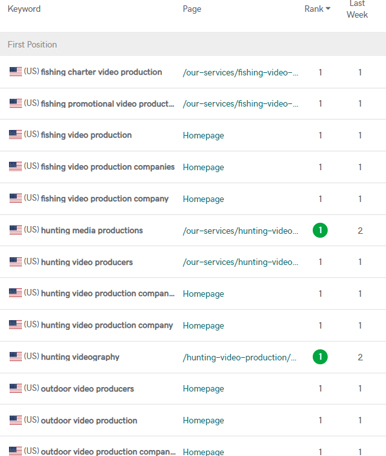
Publish New Content Regularly
Assuming you are targeting more than one keyword phrase, it only makes sense you will be publishing multiple pages for your website. Content that is updated regularly is viewed by search engines as a great indicator of a web page’s relevance. There are a few ways to keep your content fresh and develop written content rich with keyword phrases.
- Create individual pages for each product or service your outdoor company provides
- Create articles or blog posts about specific topics relevant to the hunting and fishing industry
- Interlink your new content with old content. As you cover new topics link to your older website content. Additionally, edit your older website content to link to your new content where appropriate.
- Make sure to update content on your pages at least once a year
4. Include Compelling Videos and Photos
Large blocks of unaccompanied text can be intimidating, break up your written content with relevant and attractive videos and photos. Deep fork Productions specializes in hunting video production and fishing video production, but we’re not being biased here. Interesting media will improve your audience’s experience and increase your web page’s relevancy. It’s not enough to just add videos and images, high quality hunting videography can make the difference between your audience clicking on your media or not.
Header Videos Can Improve SEO results AND increase conversions on your website
5. Use Metadata and Alt Tabs
Make sure to always include descriptions in your image and video alt tags (alternative text descriptions.) Additionally, include your keyword phrases in your page meta descriptions. These additions will be especially important for people who use text-only browsers and screen readers
You Don’t have to do Search Engine Optimization All on Your Own
This just scratches the surface on the topic of Outdoor Search Engine Optimization. SEO is a lot to take on by yourself. The outdoor web design & marketing team here at Deep Fork Productions provides all these services and plenty more for our hunting and fishing industry clients. Our SEO work has a proven track record of boosting search engine rankings and increasing conversion rates. Contact us to talk about what we can do to improve your SEO ranking.
